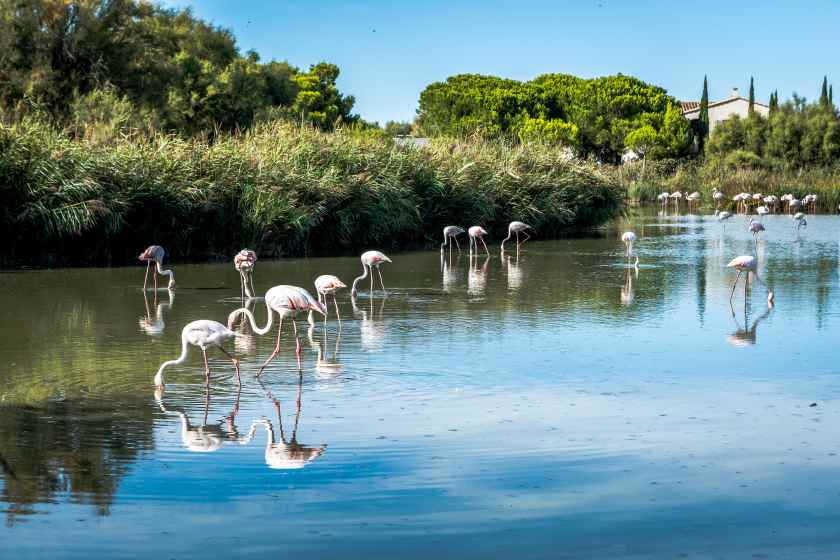Monday, August 4, 2025

Cape Town has just unveiled the new Pamela Isdell Seabird Nursery at the Southern African Foundation for the Conservation of Coastal Birds (SANCCOB), right in Table View. This bright, up-to-date facility is a big boost for the African penguin, which is classified as critically endangered. Built for incubating, hatching, and lovingly hand-rearing penguin eggs and chicks, the nursery does more than protect the birds; it also adds an exciting, educational stop for visitors. This is a key win for eco-tourism in the area.
The nursery is the latest move in SANCCOB’s long term plan to help African penguins thrive. By enlarging their Chick Rearing Unit, the new space tackles a growing problem. Previously, the unit was just too small to handle the rising number of penguin chicks in need. With the nursery now up and running, SANCCOB can now incubate many more eggs and care for even more chicks, giving the endangered birds a better shot at a safer future.
A Key Asset in Sustainable Tourism
The Pamela Isdell Seabird Nursery is more than a conservation tool; it is a gateway for travelers to connect deeply with wildlife. Guided educational tours invite visitors behind the scenes to see the hand-rearing of injured African penguins, turning conservation into personal experience. This insight enriches Cape Town’s tourism landscape without compromising its fragile habitats. The nursery is quickly becoming a must-visit stop for both local and global travelers, especially those committed to eco-friendly experiences.
The African penguin is South Africa’s wildlife ambassador: charming, adventurous, and instantly recognizable. Year after year, crowds flock to the breeding colonies at Boulders Beach and Robben Island, drawn by their unforgettable antics. By developing the Pamela Isdell nursery, SANCCOB is broadening penguin protection and enhancing the educational journey of visitors. Guests no longer simply marvel at the species; they learn its story, the threats it faces, and the ways they can help.
Blending Conservation and Learning into Travel Adventures
Today’s travelers want more than just sightseeing; they want experiences that matter. By weaving conservation education into tourism, we can give guests a chance to make a positive impact while they enjoy their trip. When visitors stop by the Pamela Isdell Seabird Nursery, they see the wonderful work of SANCCOB first-hand. They watch dedicated staff care for every stage of a penguin’s life, from carefully incubating eggs to gently feeding fluffy chicks. Each guided tour brings to life the mission of protecting endangered penguins and reminds everyone why every piece of biodiversity counts for tomorrow.
During their stay, guests learn about the real threats penguins face, like habitat loss, overfishing, and a changing climate. Nursery-led talks, interactive games, and hands-on feeding sessions help visitors understand what responsible tourism means. They leave inspired to travel more mindfully, whether that’s by choosing eco-friendly lodging, reducing plastic waste, or even donating to penguin rescues.
For Cape Town tour operators, the nursery pairs perfectly with famous sites like Table Mountain, Robben Island, and the V&A Waterfront. By creating thoughtful travel packages, guides help visitors weave culture, history, and conservation into a single, unforgettable journey. The result is a well-balanced itinerary that deepens their connection to South Africa’s stunning natural world, making their travel not just a memory, but part of a conservation story.
Supporting the Local Economy Through Eco-Tourism
The Pamela Isdell Seabird Nursery is set to become a magnet for eco-tourism in Cape Town, attracting travelers who want to make a real difference for the planet. Through this new hands-on experience, SANCCOB gives visitors a fun, memorable way to support wildlife conservation, helping to grow a tourism sector that uplifts local people and protects the environment at the same time.
Cape Town has already earned its place as one of Africa’s top eco-tourism hotspots, and opening the Pamela Isdell Seabird Nursery will only make the city shine brighter as a wildlife and nature getaway. With interest in the region on the rise, the nursery gives travelers a direct path to help save penguins by backing a centre that is crucial to the birds’ survival.
The nursery will also create jobs and boost the local economy. Guesthouses, transport companies, and tour operators will all benefit as visitors stream in to see penguin care in action. This partnership between conservation and tourism shows how eco-friendly travel can generate good results for nature and the community at the same time.
Funding and Donor Contributions to the Facility
The Pamela Isdell Seabird Nursery was built for R7 million, with the bulk of the funds coming from kind donor gifts. The center carries Pamela Isdell’s name to honour her years of service as a SANCCOB Board member and her unwavering love for African penguin conservation. Isdell’s passion for the birds lives on in this place, which will nurture young penguins for generations.
This support shows how vital private donations can be for conservation projects. When visitors tour a centre that thrives on gifts, they gain not just knowledge but a sense of belonging to a renewable cycle of wildlife care—exactly the kind of responsible tourism that leaves a light footprint.
Conclusion: A Sustainable Future for African Penguins and Tourism in Cape Town
The launch of the Pamela Isdell Seabird Nursery pushes African penguin conservation forward while offering an unforgettable eco-tourism stop in Cape Town. The nursery doubles SANCCOB’s ability to incubate and raise penguin eggs and chicks, giving the species a stronger fighting chance in a world where every little bit counts.
Visitors get a chance to help save wildlife while still enjoying their trip, which makes every stop feel special and purposeful. Cape Town is quickly becoming a top spot for travelers who care about the planet, and the Pamela Isdell Seabird Nursery is right in step. Here, anyone can watch and feel good about protecting African penguins, knowing their ticket money supports the cause. This little nursery is more than a place to see cute birds; it shows how eco-friendly tourism can be done right in South Africa.